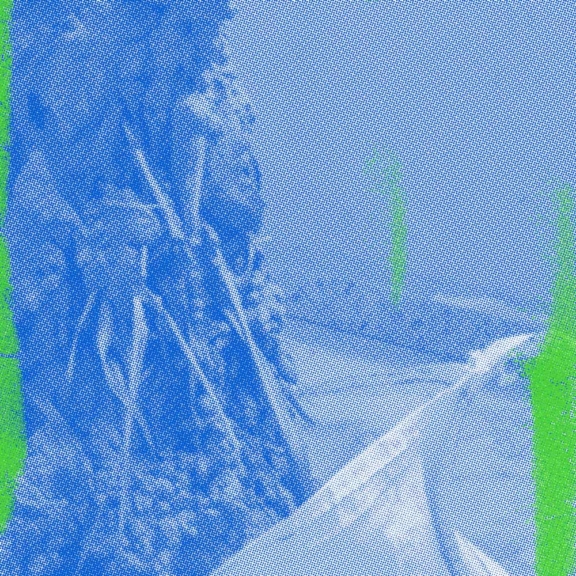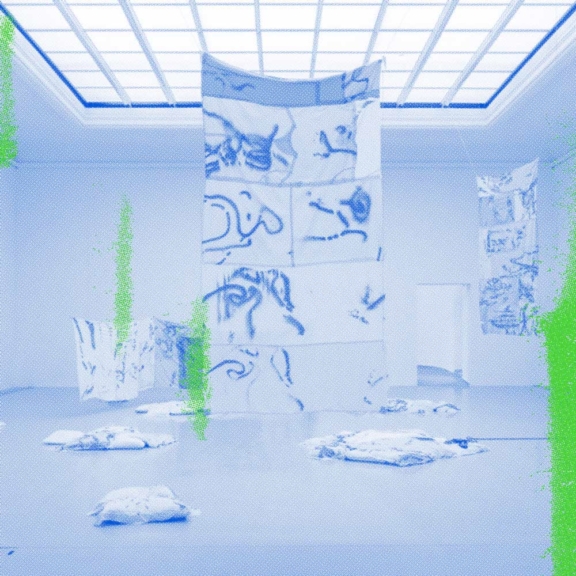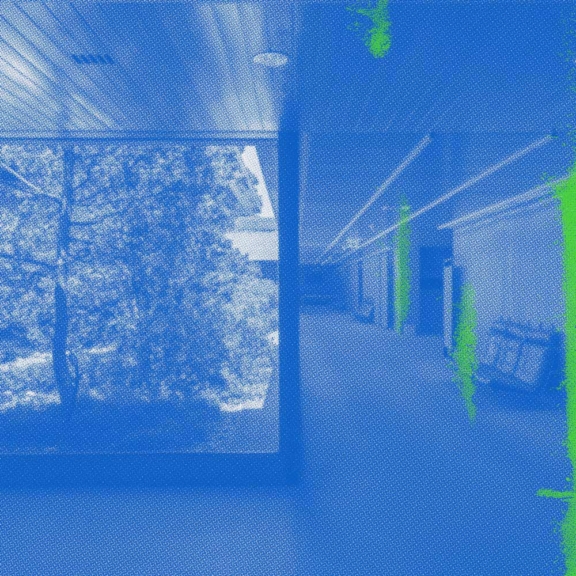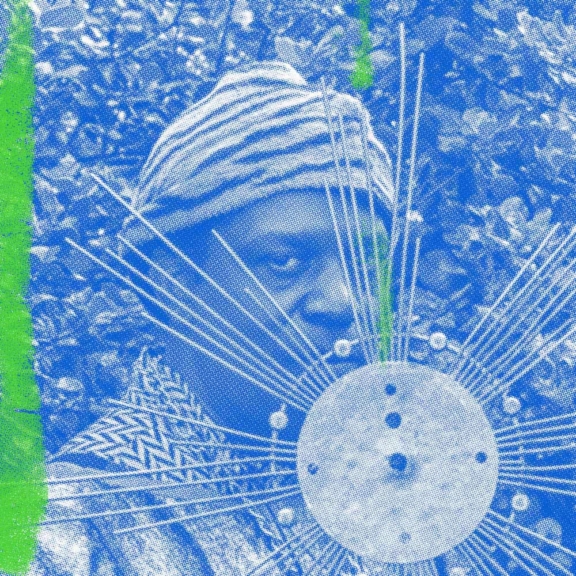
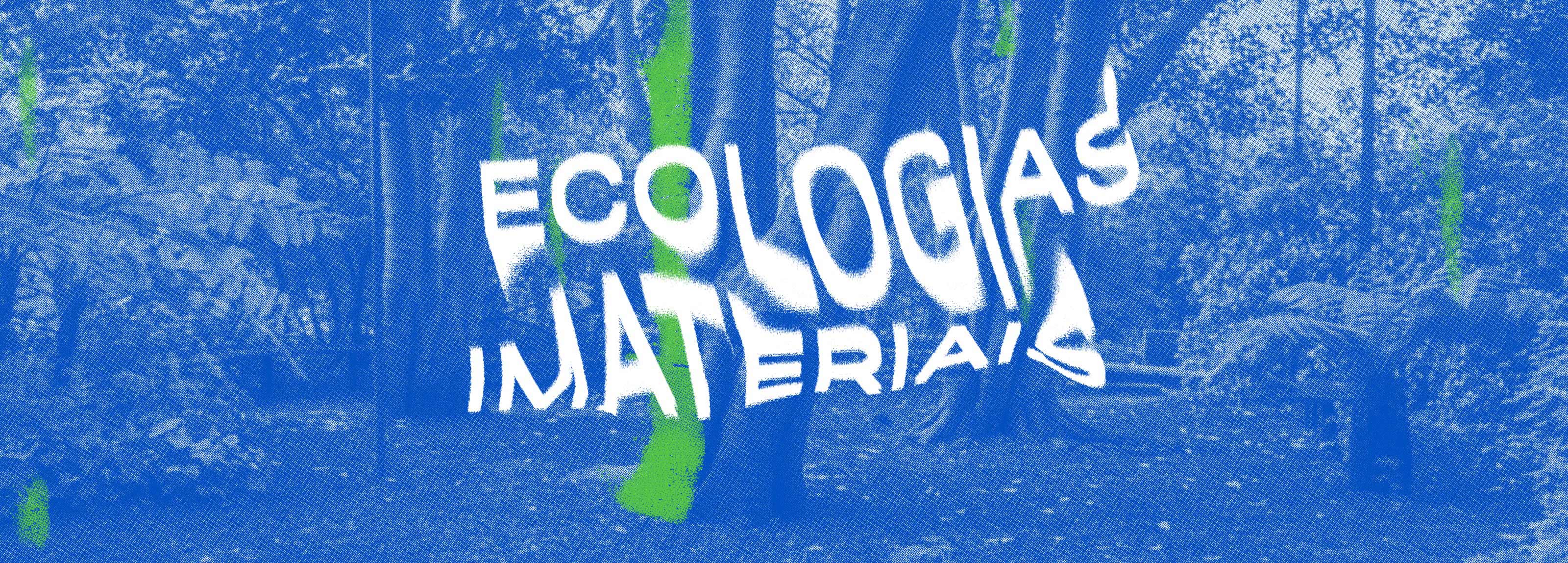
Immaterial Ecologies
04 – 06 Nov / Free entry
This 3-day programme includes conversations, concerts, performances, poetry sessions and other artistic practices that will reflect upon the immaterial and spiritual dimensions of ecology.
With contributions from practitioners of different fields, ‘Immaterial Ecologies’ aims to think about different forms of extractivism that go beyond their material meaning, while creating a space for discussing immaterial and invisibilized dimensions that allow us to image other worlds.
One full-moon night in August 1985, jazz composer and Afro-futurist pioneer Sun Ra performed what was described as 'an exemplary musical ritual' in the Gulbenkian Foundation's open-air amphitheatre. Accounts of the performance recall an unforgettable show which extended well into the night – the audience was said to be crying out for more still at four in the morning. Invoking this moment and the ghostly presence of Sun Ra in the Gulbenkian garden, 'Immaterial Ecologies' unfolds around the immaterial and spiritual dimensions of ecology. Investigating different human extractivisms of natural resources beyond material means, this project focuses on the inner alienation and spiritual impoverishment in such process of extraction.
Over the course of three days, the programme questions the consequences of extractivism in relation to linguistic exhaustion, spiritual fatigue and the flow of wasted energies, while speculating about the possibility of resynchronising land and body.
Bringing together different disciplines and artistic practices, the programme interweaves contributions from artists, theorists, poets, scientists and landscape architects to address these immaterial dimensions as a fundamental condition for understanding extractive epistemologies of the present and the reductionist materialistic approach in imagining other possible worlds and futures. In addition to providing a critical view of current ecological materialism, the programme aims to create moments for sharing forms of knowledge based on non-productivist, queer, indigenous, matriarchal, peasant and plant-oriented ontologies that have been invisibilized, and examining their relation to the world.
Curators Alejandro Alonso Díaz (fluent) and Rita Fabiana (CAM)
Programme (pdf, 3 mb)

